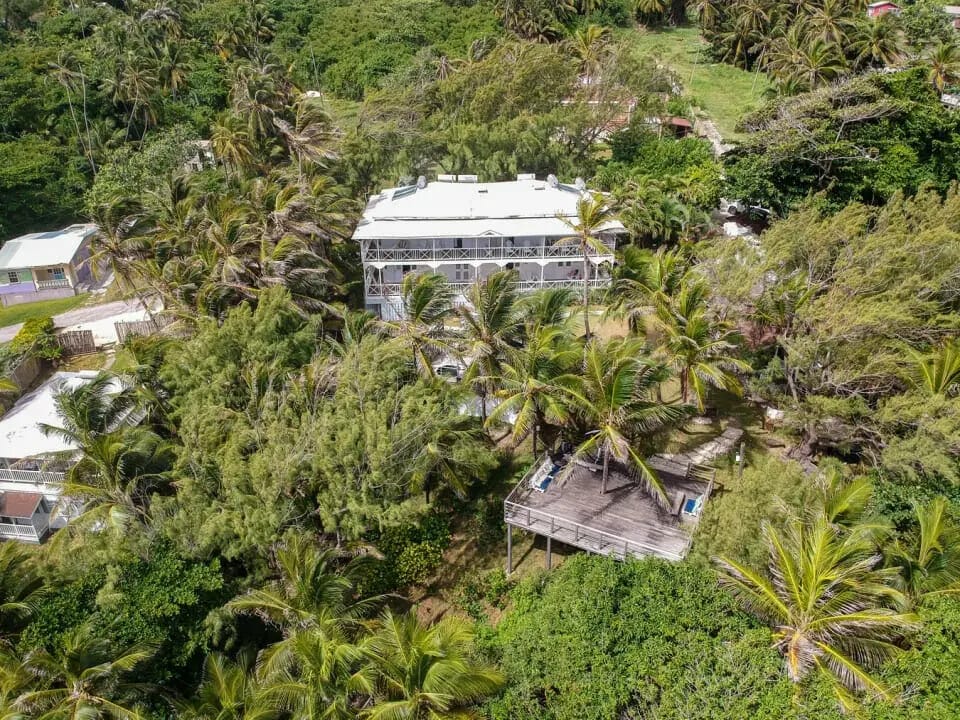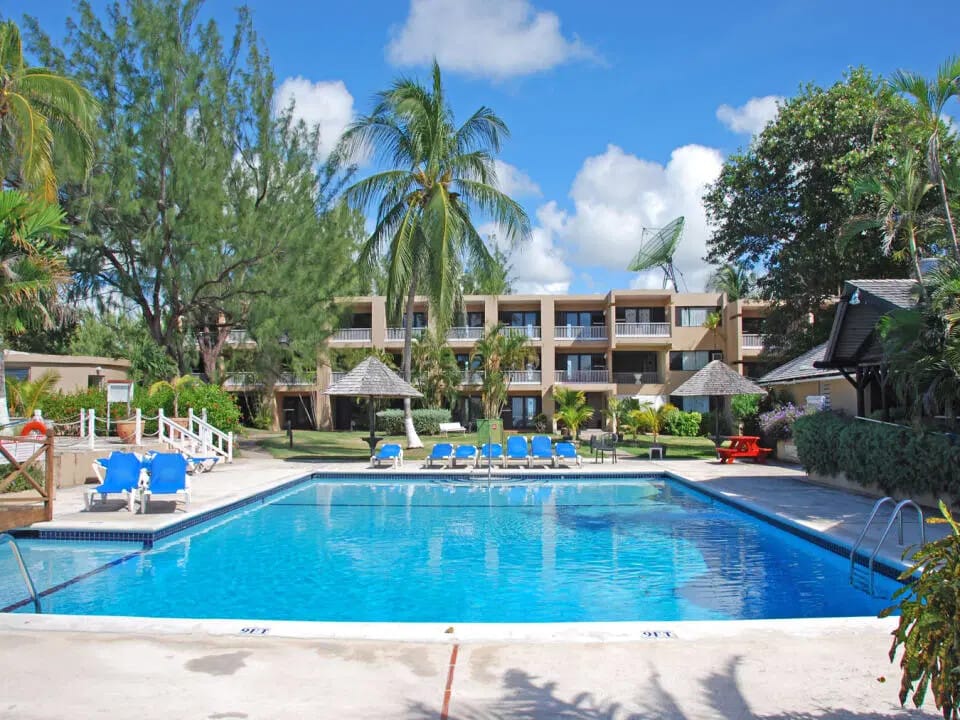Key consumer trends transforming the Caribbean hospitality landscape include the rise of all-inclusive resorts, the influx of new brands, and a growing focus on wellness, according to industry leaders.
During the “Views from the Boardroom” panel at the 15th annual Caribbean Hotel Investment Forum, Playa Hotels & Resorts’ chairman and CEO Bruce Wardinski highlighted a shift from the region’s traditional base of independent hotels to an increased interest from major international brands. These brands are targeting upscale and luxury travelers, moving up the price scale.
View our Barbados Hotels For Sale

Wardinski believes these trends are likely to persist. “People are still traveling to the all-inclusives, to the branded resorts and to luxury [resorts]. We’re seeing it certainly in our portfolio,” he said. “While that demand continues to grow, I think those trends will continue.”
Sandals Resorts International’s CEO Gebhard Rainer observed clearer segmentation within the all-inclusive model compared to 10 or 15 years ago. He noted that the rising number of travelers with higher discretionary income is coupled with a heightened expectation of value. “That trend is going to intensify with the next generations. Everything points toward more emotional experiences and more personalized experiences,” he said.
View our Barbados Hotels For Sale

Carolyne Doyon, president and CEO of Club Med, emphasized the importance of wellness tourism, predicting it will reach $1.3 trillion in sales by 2025. She stressed the need for wellness elements in their resorts, particularly in the Caribbean.
Remington Hospitality’s CEO Sloan Dean pointed out the increasing prevalence of lifestyle and soft-branded hotels. “If you look at our hotels, at least 50% of them are an Autograph, a Tribute, a Curio, a Tapestry, a Voco, something of that nature,” he said. Dean also noted the emphasis on wellness and eco-tourism in their Caribbean developments. “Wellness is top of mind for these consumers, particularly the younger consumers. They don’t just want to come to an all-inclusive and gorge themselves. They want to work out and have different adventures,” he said.
Rainer mentioned that U.S. consumers are more capable of global travel today than immediately after the pandemic, posing a competitive challenge for Caribbean hoteliers. “If you don’t deliver the value that you’re asking consumers to pay for today, which is a lot more than what we did in 2019, they have choices globally,” he said.
View our Barbados Hotels For Sale

Regarding capital for new developments and renovations, Wardinski confirmed the availability of debt financing. “We just had been working with one partner recently in the Dominican Republic. Their debt for their project comes from a Dominican bank. [The partner] had quite a few offers from different banks there, so there’s definitely debt financing available,” he said.
On the equity side, much of the funding is being raised through pension funds. “There’s a lot of sources of capital that are still interested, and the business is good,” Wardinski added.
Club Med has been successful with greenfield investment opportunities, while about 80% of Remington’s Caribbean development deals include a branded-residence component, which simplifies justifying the returns. Dean also noted that debt in the region has been easier to obtain than in the U.S., with better spreads and loan-to-cost ratios.
Source: CoStar
View all of our Properties for Sale in Barbados









